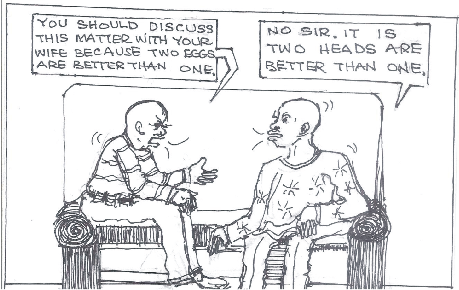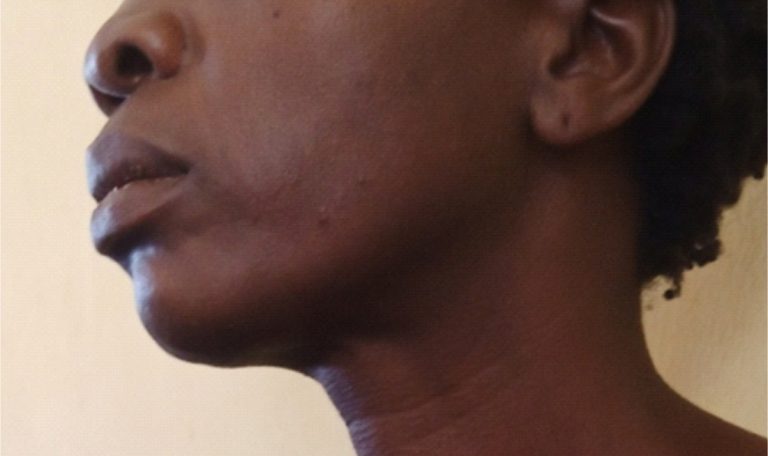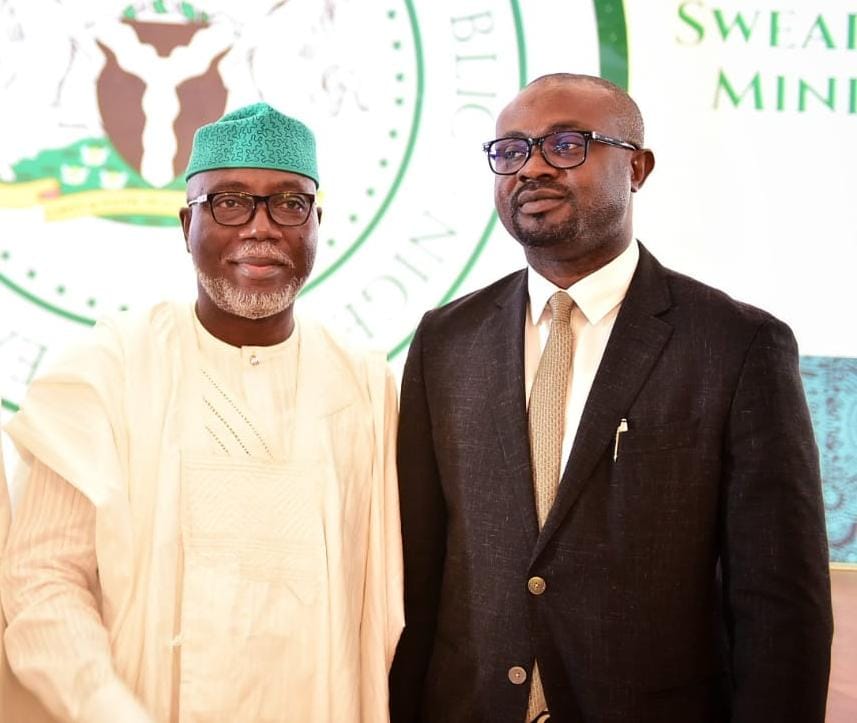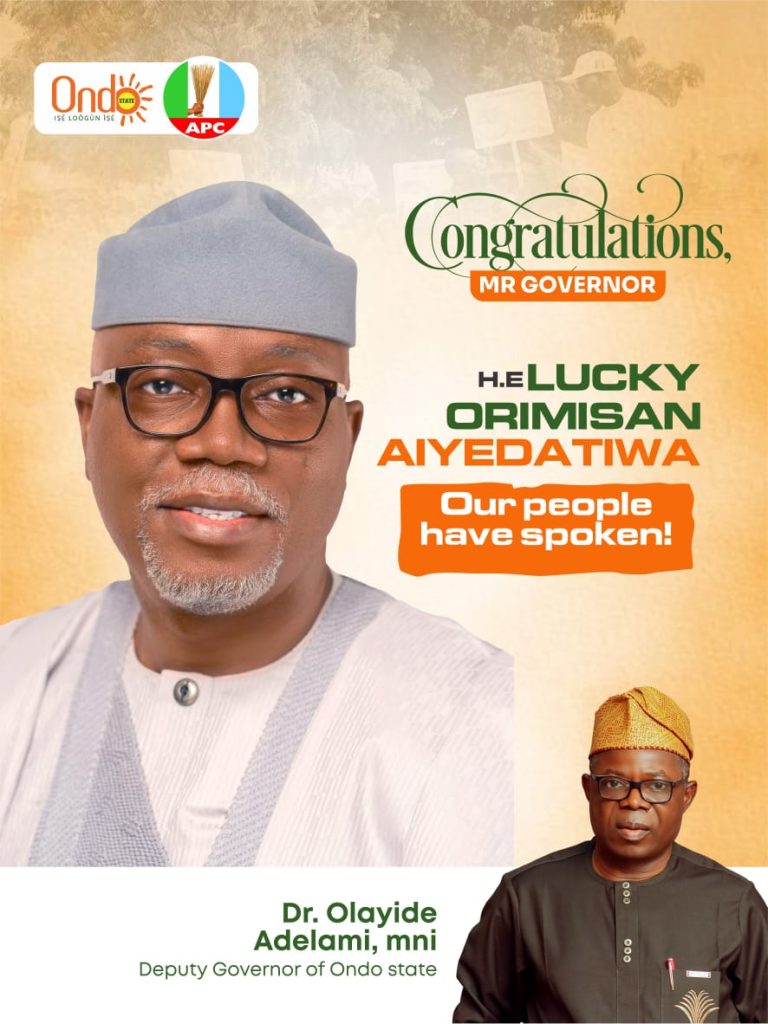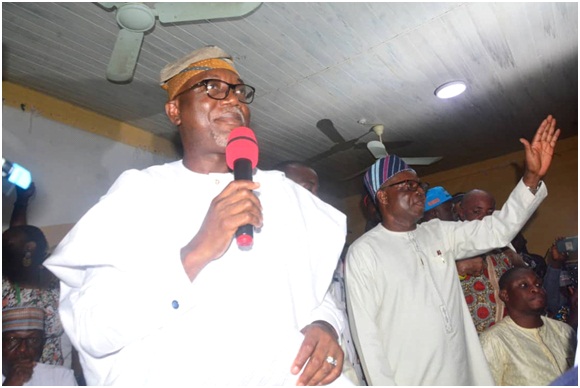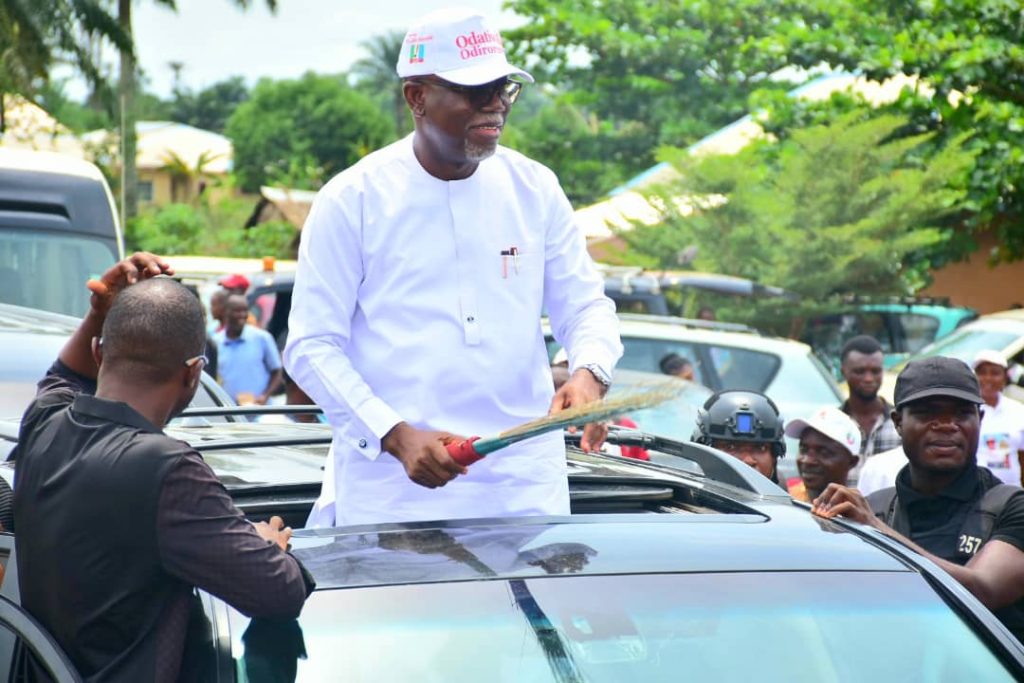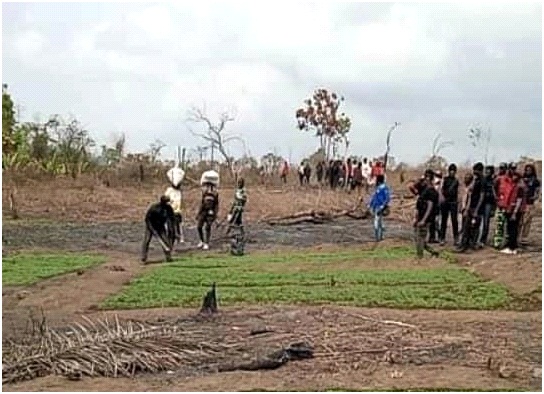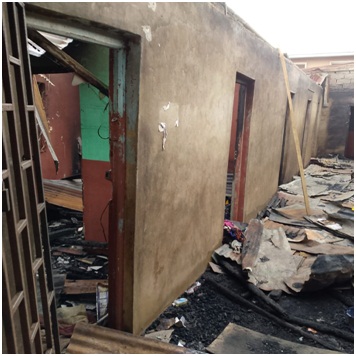On-Going Fuel Crisis
NIGERIANS recently woke up to the news of dirty premium motor spirit, known as petrol, imported into the country some weeks ago and what followed has been a lingering fuel crisis that has thrown the whole country into disarray. Reports have it that the Federal Government had imported about 2.1 billion litres of petrol into the country and fuel-laden ships berthed at Lagos ports. The Hope gathered that cleansing the nation of the bad fuel and circulation of new one would take some times and that the crisis would be over by February ending. However, the fuel crisis still persists.
IT is believed in some quarters that the lingering issue is an attempt by the Federal Government to arm-twist Nigerians in a bid to ensure oil sector full deregulation in the country, which it publicly put on hold for the next 18 months.
THE yearning for full deregulation of the oil and gas sector has been a recurrent decimal in the Nigerian economic discourse and one cannot ignore the many issues it has generated. Whatever the cause of the current fuel scarcity might be, Nigerians have too much crises to deal with and adding fuel crisis to them will amount to holding the people by the jugular.
IF not promptly handled, this could degenerate to further crises. As people scramble to get the product, major roads are locked up, and economic activities in the country are being affected. Students and workers pass through difficulty to get to schools and offices and prices of goods and services have consequently gone up.
THE Hope expresses worry that as the fuel scarcity lingers on; the possibility of devastating fire outbreaks may be imminent. Certain individuals have become black marketers who are lucky to buy large quantity of petrol, stock the product in their homes. This, to us, is an invitation to fire outbreak, despite the current dry season spell.
THE recent increase in the global price of crude oil to about $116 per barrel is believed will further compound the crisis in this country. Therefore, to The Hope calls on the Federal Government to find lasting solution to recurrent fuel scarcity in the country. Nigeria is the 6th largest producer of crude oil but with zero functional refineries. This is very unfortunate.
THE Hope reiterates that a major step to permanently resolve recurrent fuel crisis in the country is to reinvigorate the three major refineries. In addition, the private investors that were issued licenses to establish refineries in the country should be put on their toes to live up to the purpose of the licenses they were issued. Else, we advise that the license be reviewed with a view to giving those that are committed to operating the refinery .
FOR the umpteenth time, there is need for the nation to look into investment into renewable energy. Over dependence of the country on fossil fuel in an era when developed nations are transiting to electric vehicles, will do the nation no good. Despite the Federal Government announcement that it had begun converting fossil fuel vehicles to electric, no tangible result is heard about the project.
WE have it on good authority that some filling stations have taken advantage of the crisis to engage in the sale of petroleum products at the black market and milk the people dry. The Hope, therefore, charges the task force team, recently constituted by Ondo state Government to ensure oil marketers do not create artificial scarcity in the state and ensure that the stations hoarding the product are duly punished.
THE commercial transport sector of Ondo state is pivotal to the economic progress of both the state and its residents. Issues affecting this sector have ripple effects on the entire populace. We encourages the members of the National Union of Road Transport Workers (NURTW) to have their compound own filling stations. This will create access to petrol for the members of the union whenever fuel crisis occurs, prevents possibility of increase in transport fares and lessen the hardship on the populace.
ONE very important strategy to lessen the burden of fuel crisis on the people is investment in mass transit. The number of taxis in the state, especially in Akure, the state capital, is not enough to cater for the transport need of the residents. This necessitates the need for mass transit buses as it is practiced in cities like Lagos, Abuja and Port Harcourt. The Hope encourages the state government and private individuals take advantage of this in view of its social and economic advantages. The Hope also encourages the various professional bodies in the state to have mass transit bus for their members.
